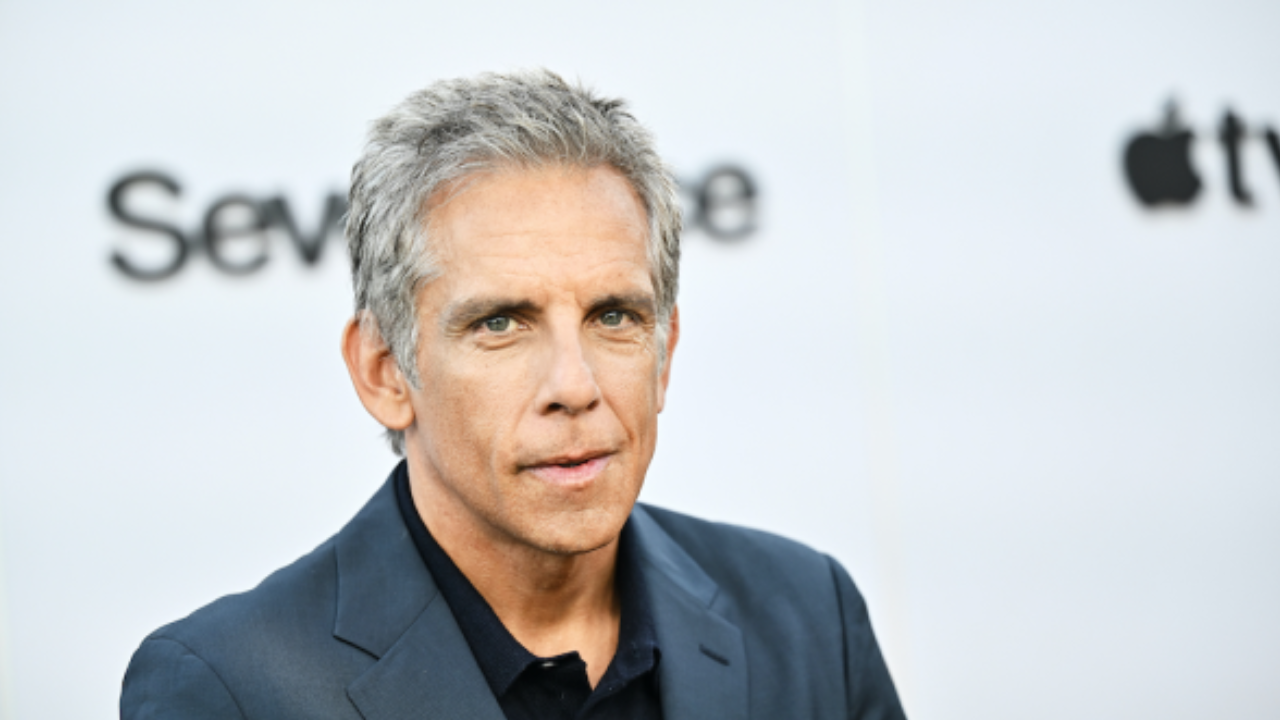- TECHSWU
- Posts
- TECHSWU
TECHSWU


In the ongoing Russia-Ukraine war, Chinese drone technology has taken center stage, proving pivotal in Ukraine's struggle against a stronger opponent. Equipped with innovative fiber-optic and AI-driven capabilities, these drones enable precise strikes and reconnaissance while resisting electronic warfare tactics.
As China tightens its export restrictions on drone components to curb military applications, Ukraine faces challenges in sourcing essential materials, previously critical to its defensive strategy. Despite Beijing's measures, the demand for drone technology remains high, and the rapid pace of innovation makes it difficult to halt the flow of crucial components.
The competition between Shenzhen's tech hubs is palpable, as the chips fall in a conflict thousands of miles away. With low-cost FPV drones and AI tracking modules gaining prevalence, both nations are relying on these powerful tools, extending the war's duration and leading to an intense focus on the evolving landscape of drone warfare.


Sony's latest patent reveals an innovative leap in PlayStation controller technology: solar-powered charging! Imagine a controller that continuously charges while you play, thanks to photovoltaic elements that harness light, eliminating the hassle of external chargers or replaceable batteries. Spotted by Tech4Gamers, this groundbreaking idea has been in development since 2023, potentially transforming the gaming experience.
As players enjoy their favorite games, the controllers could keep charging without interference from their hands. Though patents don't always materialize into products, the concept raises exciting questions about the future of gaming accessories.
Could solar controllers be the norm in the next PlayStation generation? For gamers eager to banish dead batteries, this tech may just be the ultimate game-changer.

NVIDIA is revolutionizing humanoid robot development with its exciting new AI technologies, spearheaded by the innovative Isaac GR00T N1 model. Touted as the first customizable foundation for humanoid reasoning, GR00T N1 boasts a dual-system architecture that mirrors human cognition, enabling it to perform both intuitive and methodical tasks.
Alongside this, NVIDIA introduced a groundbreaking synthetic data generation framework aimed at overcoming the limitations of real-world training data, significantly enhancing robotic learning capabilities. Collaborating with Google DeepMind and Disney Research, NVIDIA also unveiled the Newton physics engine, designed to empower robots with precision and adaptability.
With plans to democratize access to these advancements, including open-source datasets and training resources, NVIDIA is not only addressing global labor shortages but also paving the way for a new generation of humanoid robots that can engage and assist humans in meaningful ways.

In a bold move, over 400 Hollywood stars—including Ben Stiller and Paul McCartney—have banded together to challenge Google and OpenAI's push to ease copyright laws for AI training. They recently sent an urgent letter to the U.
S. government, asserting that loosening these protections could jeopardize the livelihoods of millions in the entertainment industry, which generates $229 billion in wages and supports over 2.
3 million jobs. The signatories, including renowned directors and musicians, argue that the tech giants' proposals would undermine creativity and economic strength, claiming that America's cultural authority stems from a robust respect for intellectual property.
They emphasize that AI should not exploit the creative works that form the backbone of its success. The stars insist that protecting these rights is crucial for maintaining the vibrancy and influence of American culture on the global stage.
The collective effort signals a growing awareness of AI’s potential ramifications on creative industries.

In an intriguing turn of events, tech giants and Hollywood heavyweights have united to influence the White House's AI strategy. Over 400 celebrities, including the likes of Cate Blanchett and Mark Ruffalo, voiced their concerns regarding proposals from OpenAI and Google that suggest weakening copyright protections for AI training.
They argue such changes could jeopardize 2.3 million U.
S. jobs and billions in earnings for the entertainment sector.
Meanwhile, OpenAI and Google advocate for “balanced copyright rules” to safeguard content creators while allowing AI models to learn from copyrighted material. The clash highlights the tension between innovation and intellectual property rights in America’s quest for AI dominance.
With nearly 8,800 comments submitted during the consultation period for the U.S.
AI Action Plan, the debate over the future of AI and copyright protections is far from over, raising critical questions about the balance between creativity, technology, and economic sustainability.

BYD is revolutionizing electric vehicle (EV) charging with its new Super e platform, allowing drivers to recharge their cars in just 5 minutes for an impressive 400 kilometers of range! This groundbreaking advancement aims to tackle one of the most significant challenges EV owners face: long charging times. With the ability to support 1MW power, BYD’s innovative batteries promise speeds that'll rival filling up a traditional gas tank.
While these incredibly fast charges won’t completely fill the battery, they provide a much-needed boost for longer trips. For reference, Tesla's fastest charging options offer about 170 miles in 15 minutes.
However, BYD acknowledges that adequate charging infrastructure is crucial to unlocking this speed and is set to build over 4,000 ultra-fast stations across China.

As the digital landscape shifts rapidly, the future of work is rising to meet the challenge posed by artificial intelligence (AI). Instead of displacing jobs, AI is creating a vibrant ecosystem of new roles—think AI trainers, data engineers, and policy makers—requiring a blend of tech-savvy skills and critical human insight.
Emphasizing teamwork, cross-functional groups combining data scientists with industry experts are set to foster innovation, especially in fields like healthcare and finance. Creative collaboration will thrive, with AI handling routine tasks, freeing professionals to focus on imaginative and ethical challenges.
Continuous learning in machine learning and AI ethics is essential for those looking to navigate this transformed workplace landscape. By embracing these human qualities, individuals can secure their place in an AI-driven future, where the synergy of technology and humanity shapes success.